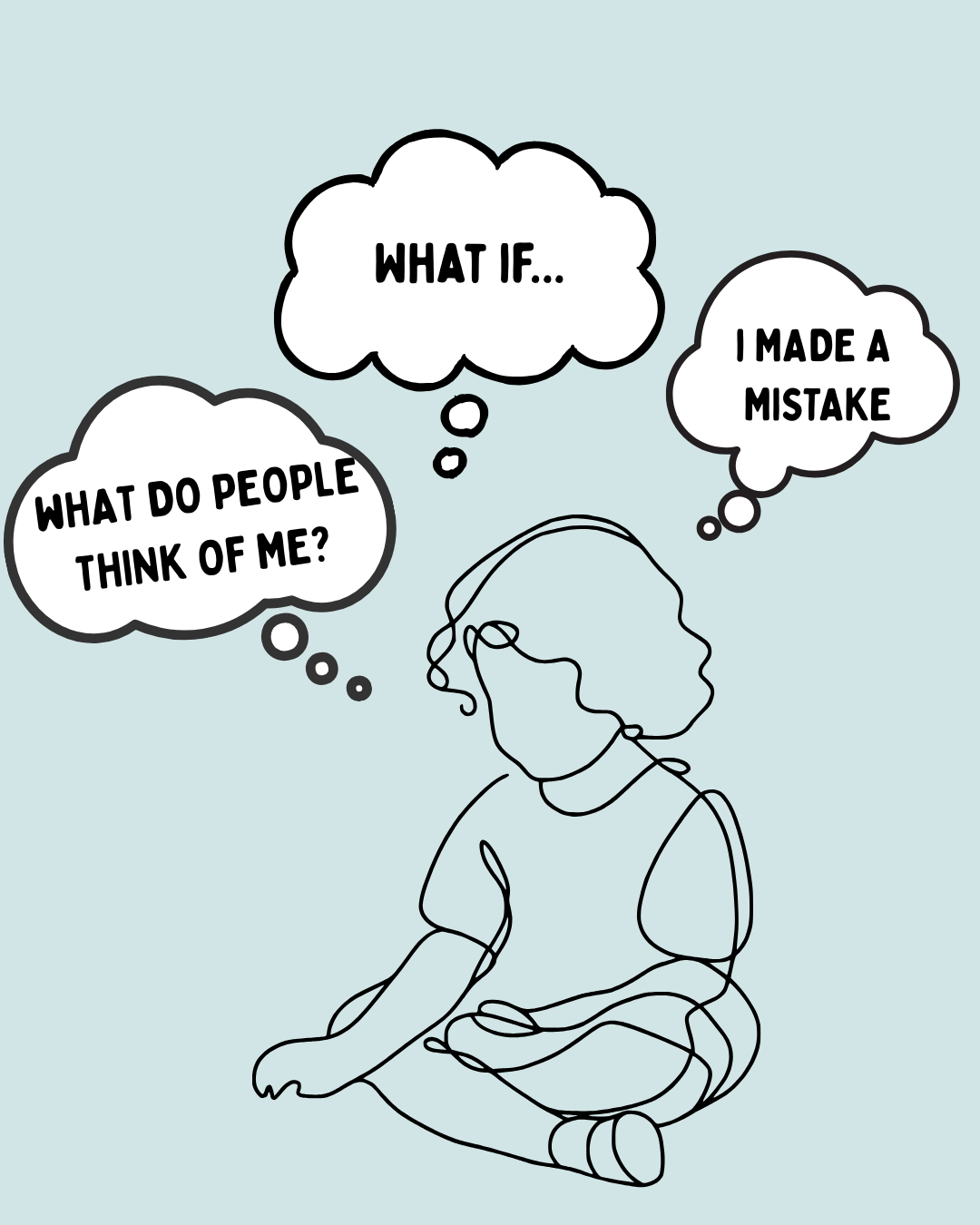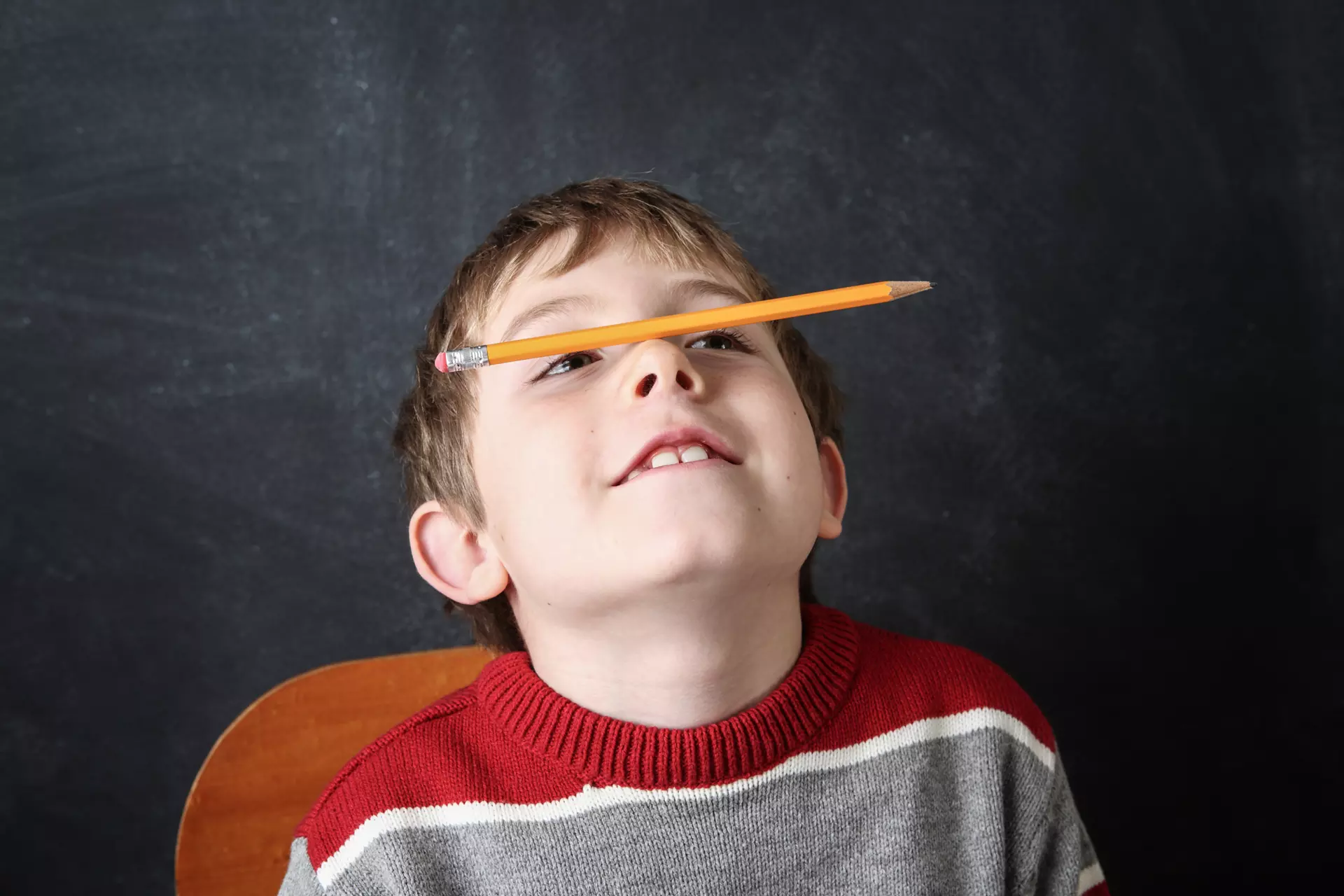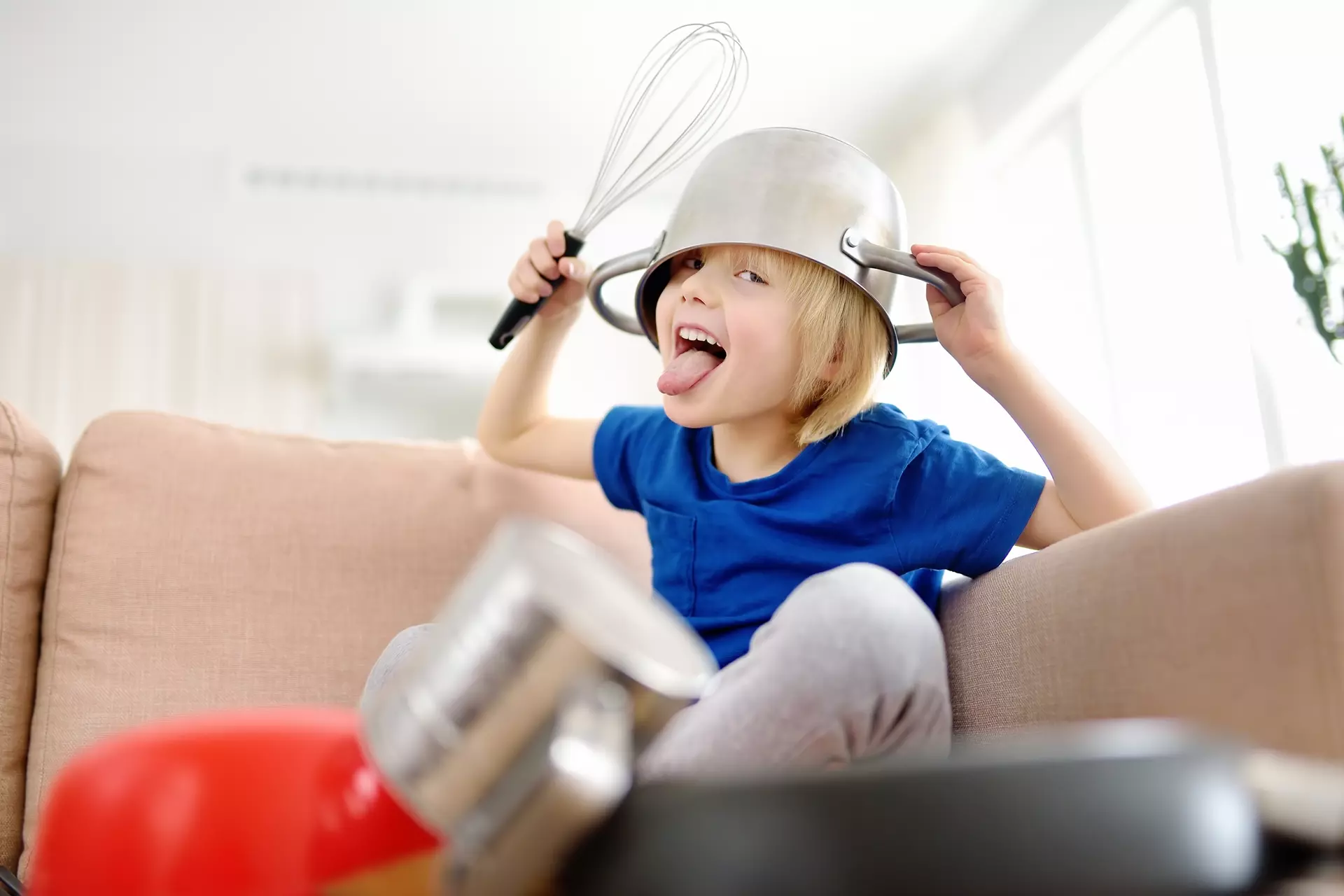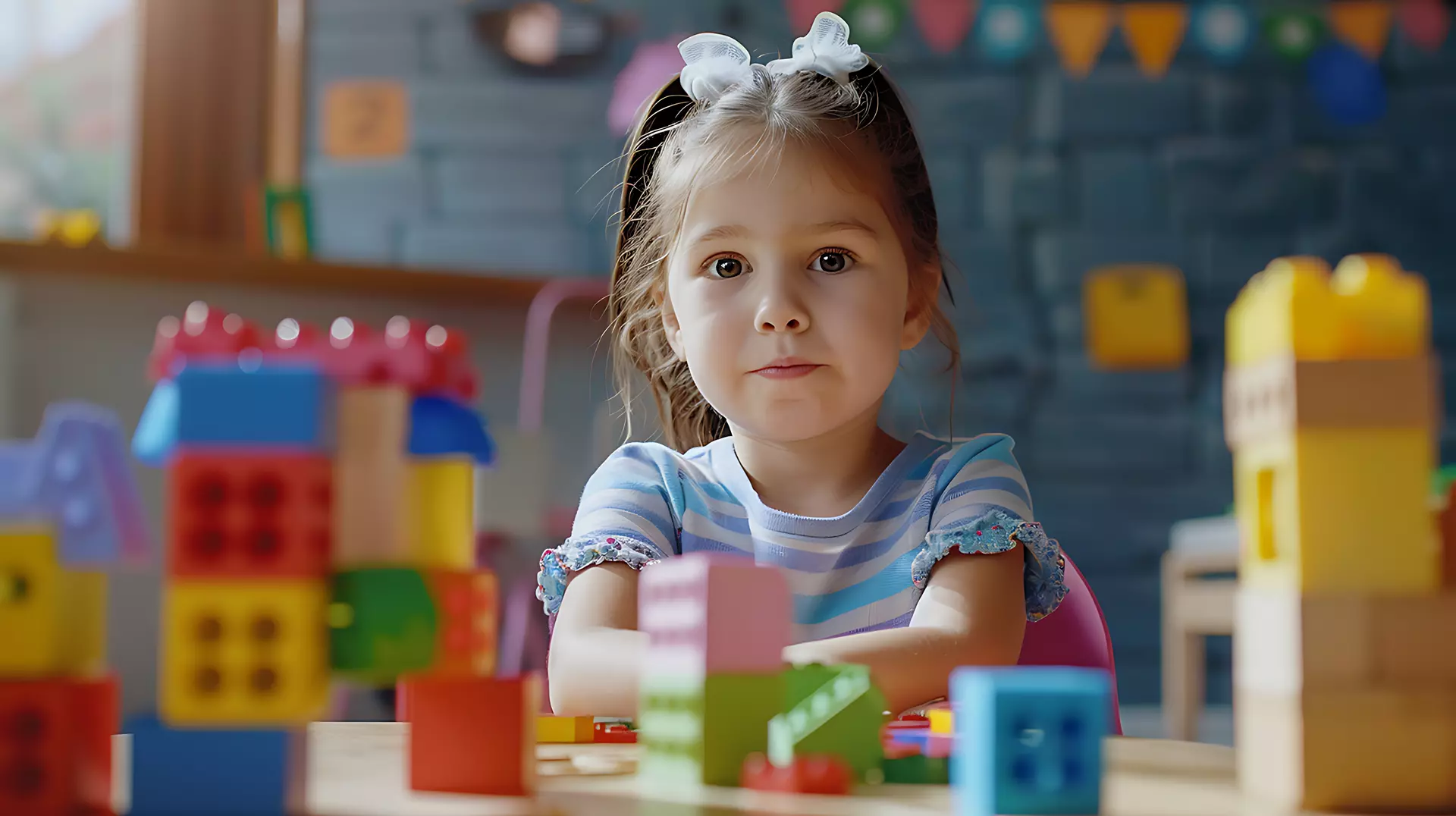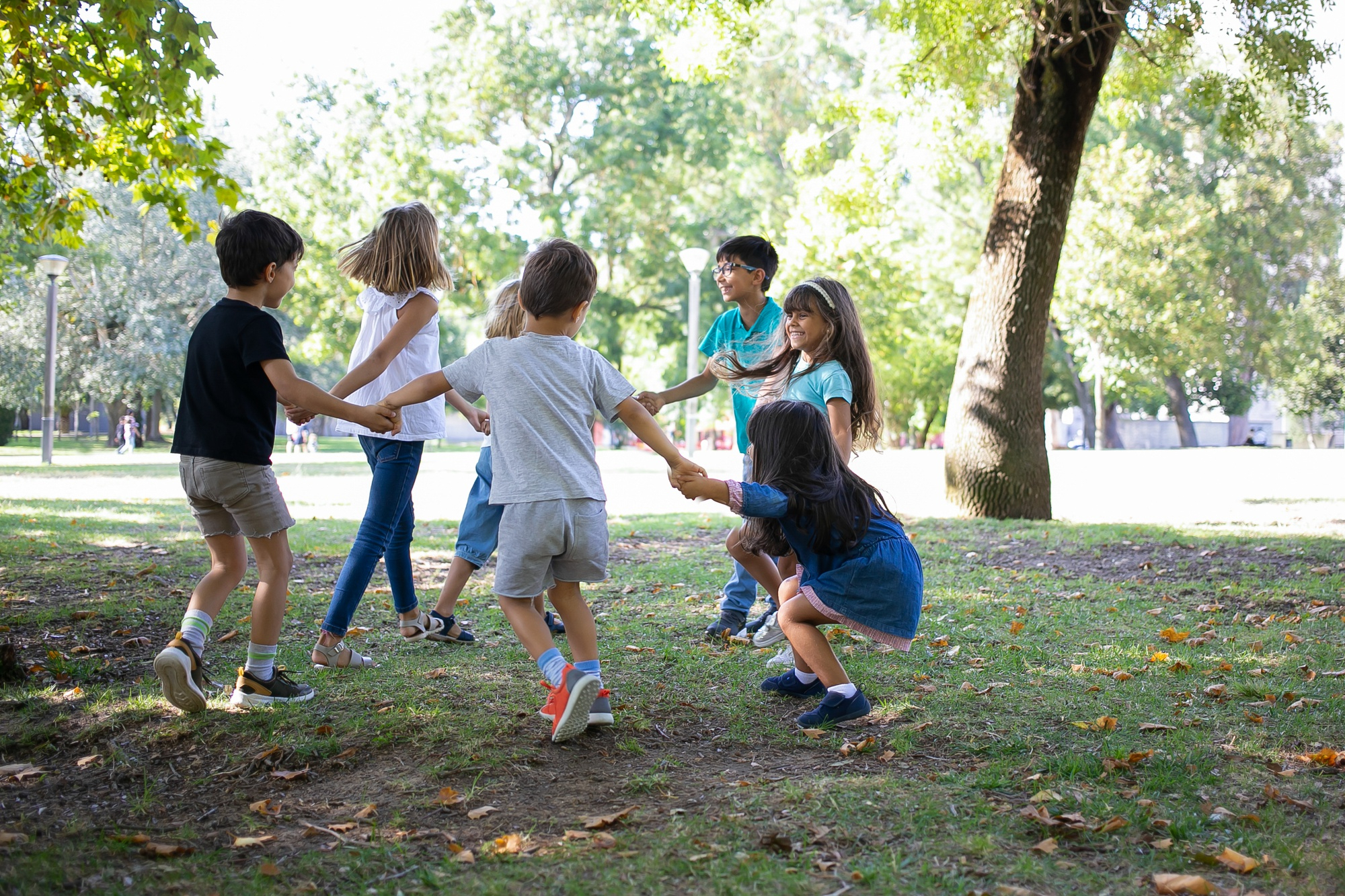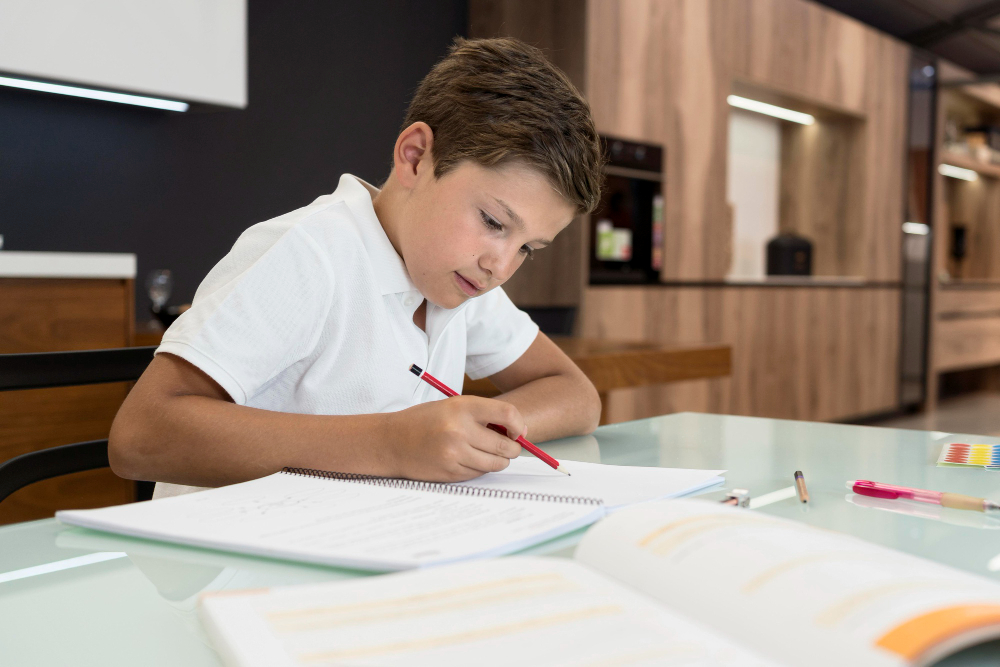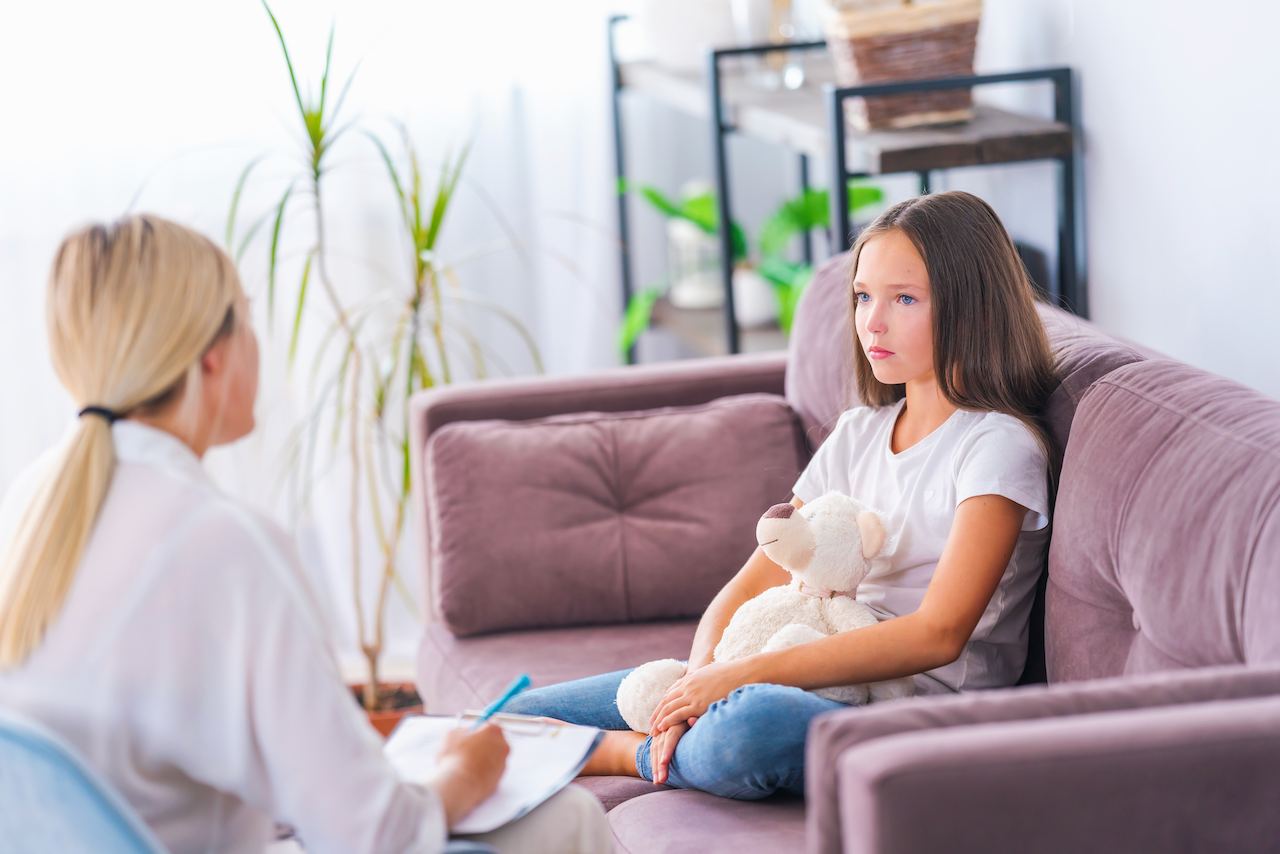
At Little Futures, our child psychologists and therapists make CBT engaging and age-appropriate by using games, stories, visuals, and role-play so children learn important skills in a way that feels fun and safe. We involve parents so they feel empowered to help their children.
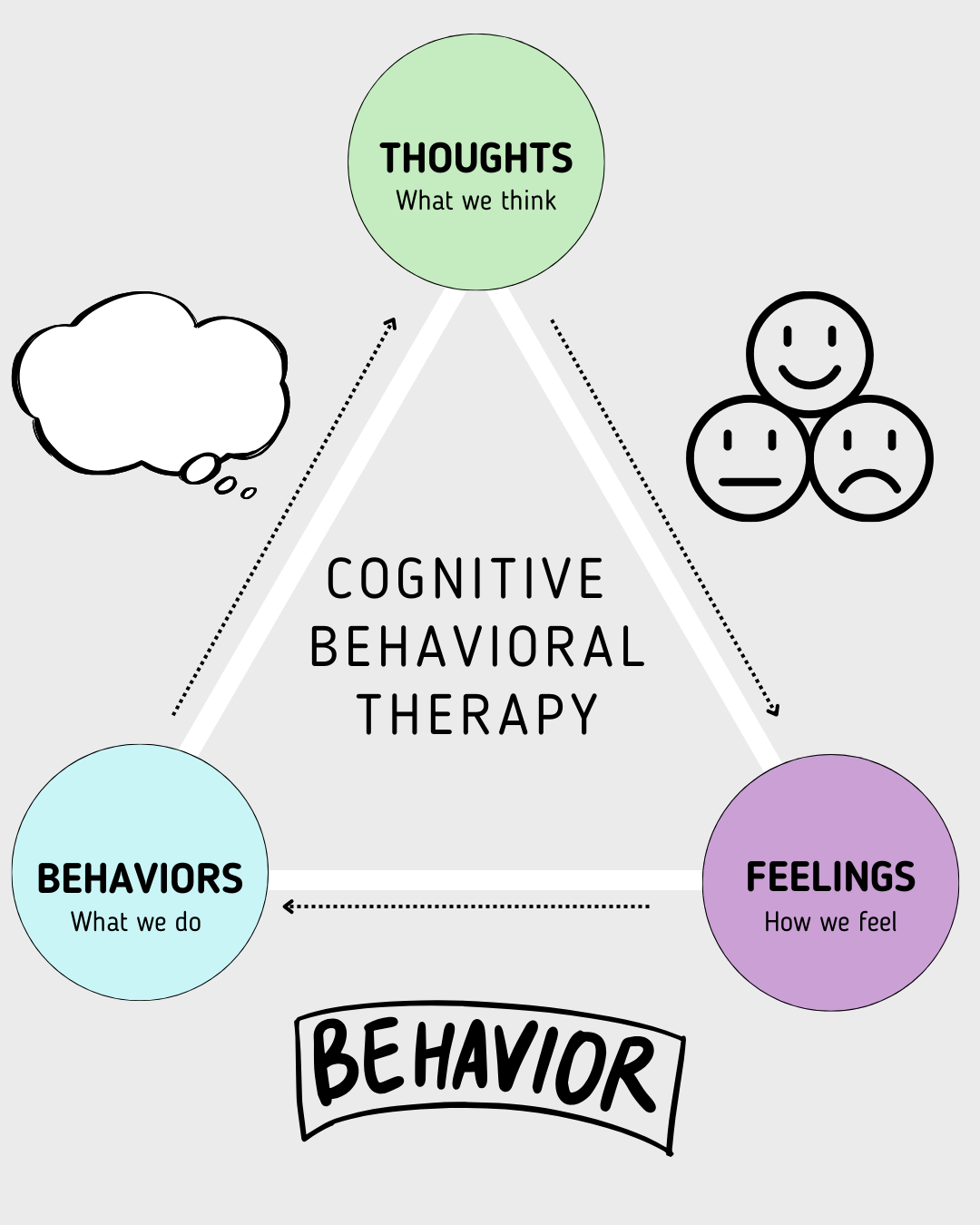
What CBT Helps With
Cognitive Behavioral Therapy is one of the most widely researched and effective treatments for children. Studies show that CBT helps with a variety of challenges, especially when adapted for children using visuals, play, and parent involvement. At Little Futures, CBT can support children who are experiencing:
Anxiety Disorders
Research shows CBT is the gold standard treatment for childhood anxiety. Large studies and meta-analyses consistently find CBT helps children reduce worries, face fears, and gain coping tools. Programs like Coping Cat and Cool Kids have been tested with thousands of children and shown lasting improvements in anxiety symptoms.
CBT helps children with:
- Generalized anxiety (“what if” worries, difficulty calming down)
- Separation anxiety (trouble being away from parents or caregivers)
- Social anxiety (fear of being judged or left out)
- Specific fears or phobias (dogs, storms, the dark, etc.)
ADHD and Attention Challenges
While ADHD is a neurological condition often treated with medication, research shows CBT is highly effective for building emotional regulation and executive functioning skills. Studies find that children with ADHD who receive CBT show improvements in problem-solving, frustration tolerance, and parent-child relationships, especially when parents are actively involved.
CBT helps children with ADHD by addressing:
- Emotional regulation and frustration tolerance
- Impulsivity and acting without thinking
- Executive functioning skills (organization, planning, follow-through)
- Coping strategies to manage big feelings and improve focus
Autism Spectrum Disorder (ASD)
Children with autism often experience anxiety, rigidity, and difficulty with flexibility. Research shows that adapted CBT (using visuals, concrete language, and parent participation) is effective in reducing anxiety in children with ASD. Clinical trials demonstrate significant improvements in coping skills, flexibility, and emotional regulation.
CBT can support children with ASD by helping them:
- Manage rigid thinking and transitions
- Reduce anxiety related to change or uncertainty
- Build coping and problem-solving strategies
- Strengthen emotional regulation and calming skills
- Improve social understanding through structured practice
Behavior and Emotion Regulation
Children who struggle with anger, meltdowns, or difficulty calming down often benefit from CBT. Research shows CBT-based parent and child interventions improve emotional self-control, problem-solving, and parent-child relationships.
CBT helps with:
- Big reactions
- Calming down after big feelings
- Following rules and handling frustration
Depression and Low Self-Esteem
Studies show CBT is one of the most effective treatments for childhood depression. CBT helps children identify negative thought patterns, practice more balanced self-talk, and engage in activities that improve mood and confidence.
CBT supports children struggling with:
- Sadness, irritability, or withdrawal from activities
- Negative self-talk (“I can’t do anything right”)
- Low confidence and resilience
Obsessive-Compulsive Disorder (OCD)
The strongest research support for pediatric OCD is for CBT that includes exposure and response prevention (ERP). Multiple randomized controlled trials show significant reductions in compulsions, rituals, and anxiety in children treated with CBT + ERP, often with effects lasting months to years.
CBT helps children with OCD:
- Reduce repetitive worries, checking, or rituals
- Learn to manage compulsions without giving in
- Build resilience and confidence in facing fears
Adjustment and Stress-Related Concerns
Research shows CBT is effective for helping children cope with life changes (like moving, divorce, or school transitions). Studies highlight CBT’s role in teaching flexible thinking and stress management, which reduces distress and improves adaptability.
CBT can help children with:
- Coping with changes at home or school
- Handling transitions and flexibility
- Managing stress from academics or friendships
Skills Children Learn in CBT
Through CBT, children develop tools to:
- Recognize, name, and express their feelings in healthy ways
- Identify the relationship between their thoughts, feelings, and actions
- Use coping strategies to manage anxiety, frustration, and stress
- Challenge unhelpful or negative thoughts and replace them with more balanced ones
- Build stronger problem-solving and flexible thinking skills
- Improve confidence and resilience in everyday situations
- Strengthen peer relationships through better emotional regulation
How We Involve Parents
Children make the most progress in therapy when parents are part of the process. At Little Futures, parents are actively included in parts of the CBT sessions so they can:
- Learn the same skills their child is practicing in therapy
- Gain strategies to coach and support their child at home and school
- Respond more effectively to difficult behaviors and big feelings
- Create consistent routines and expectations across different settings
By working together, children and parents develop a shared language and set of strategies—helping progress in therapy extend into daily life at home, school, and beyond.
Getting Started with CBT
If your child is struggling with anxiety, ADHD, autism, big emotions, or other challenges, CBT can help them build confidence, learn coping skills, and thrive at home, school, and in friendships.
Contact Little Futures today to learn more about how CBT therapy for children can support your family.

